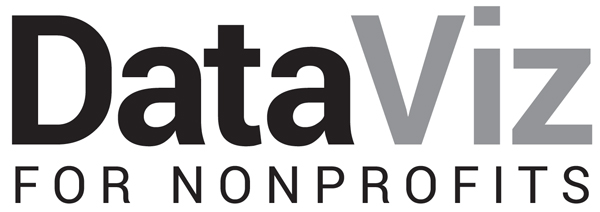Many organizations go to a lot of trouble setting goals, eating up loads of staff and board meeting time, and then neglect to do one or both of the following:
Figure out how they will know if they are making progress toward their goals.
Track their progress toward their goals.
If your organization or program doesn’t already have clearly articulated goals, a logic model is a good first step toward setting them. Logic models show how resources, programs and services, and desired results relate to each other according to your organization’s strategic plan. (For more on logic models, check out the Pell Institute’s Evaluation Toolbook.)
You can set goals for any stage of the process: what resources you hope to garner, what services you intend to provide, or what outcomes you expect to see. The trick is to make these goals specific and measurable. Don’t say you will work strengthen a program, say that participation in the program will increase to 250 and that evaluation surveys will show average ratings at or above 4 (on a five point scale).
Once you set specific and measurable goals, don’t wait until you have all of the necessary data to visualize it. It’s important to bring the data to life for everyone involved, and that means showing it sooner rather than hiding it in spreadsheets and databases.
Even a simple line graph showing progress over time toward a goal will make your data perceptible, prompting you and your colleagues to ask yourselves important questions, such as: Is our data accurate? What additional data do we need to better understand the trends we see? What is going on in our program or our community or our field that might be affecting these trends? Questions like these can strengthen your resolve to gather new or better data as well as to make changes to enhance the efficacy of your program.
See other data tips in this series for more information on how to effectively visualize and make good use of your organization's data.
Image Source: Pixabay.com
(This data tip originally appeared on Philanthropy News Digest’s PHILANTOPIC blog.)

